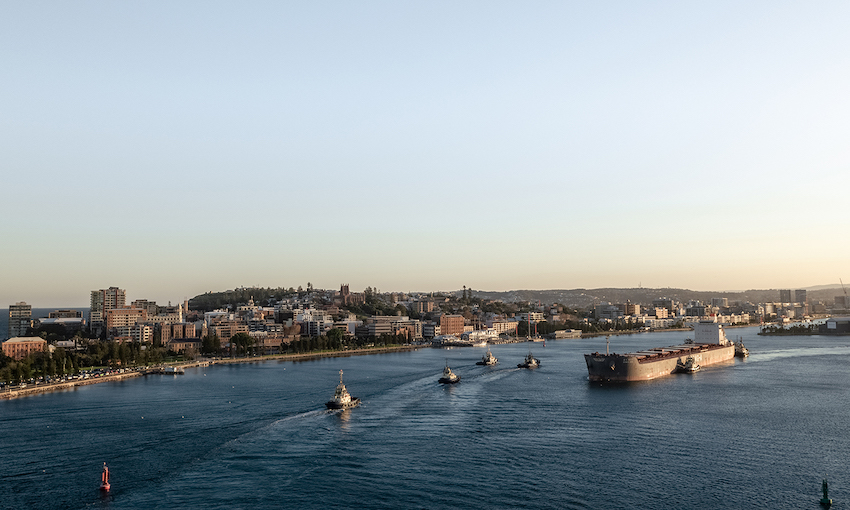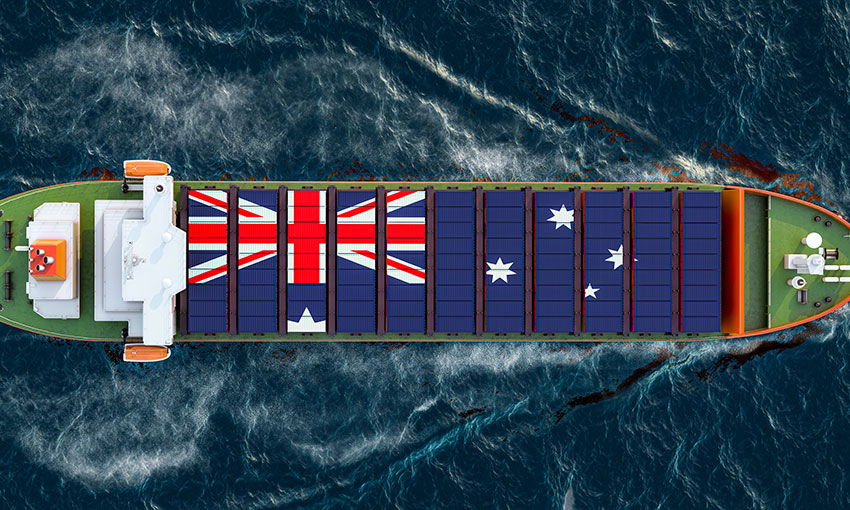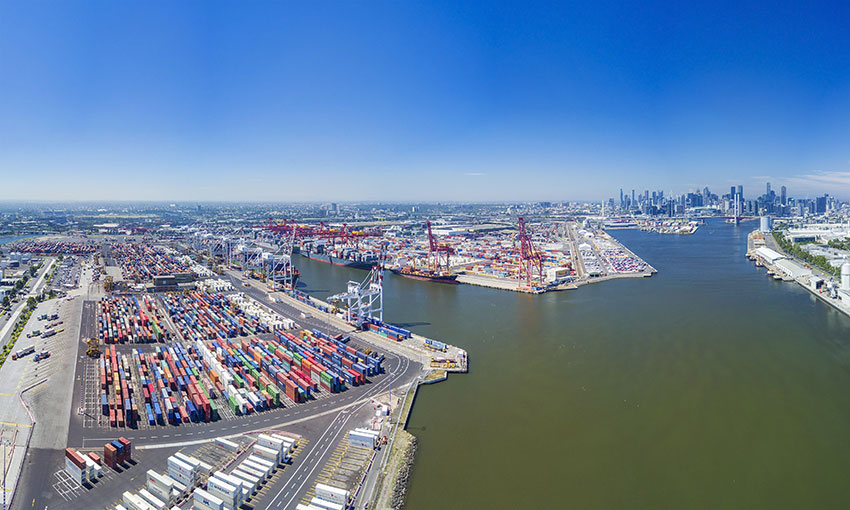I would like to comment on the recent opinion article by Shipping Australia, published in the DCN, about shipping being a vital industry and a responsible global citizen.
I agree that shipping is a vital industry, especially for Australia, where more than 99% of our goods are transported by sea. Shipping also sustains global supply chains, which can be fragile as has been demonstrated during the COVID-19 pandemic. However, I disagree with the notion that shipping is a responsible global citizen.
The article mentions that a large number of so-called ‘open registries’ in countries such as Panama, Liberia and the Marshall Islands, the top three flag states, are on the ‘White List’ of the Paris MOU, which records the best ship registries in the North Atlantic and Europe. I wonder why these flag states are also identified as so-called Flag of Convenience (FOC) countries. The definition of a FOC according to the Oxford Dictionary is ‘a flag of a country under which a ship is registered in order to avoid financial charges or restrictive regulations in the owner’s country’. My article published in The Conversation last year, explains more about FOCs and the effect they have on Australian owned shipping.
The International Maritime Organization (IMO) and its 174 member states is supposed to counteract the flight of ships into FOCs but without much success. When the IMO was established in 1958 only 13% of ships were flagged under open registries, but that figure has grown to approximately 75% today. Shipowners argue that to remain competitive in a global market they have to adopt these types of arrangements.
There are numerous examples of the complex arrangements used by shipowners to avoid their responsibilities. For example, the ship is registered under an FOC, chartered by another company, operated by a different company and crewed by yet another company. An example of this in Australia is the recent detention by the Australian Maritime Safety Authority (AMSA) of m/v Unison Jasper, a ship that was chartered to Danish shipping services company Lauritzen Bulkers A/S, which sublet the ship to a third party. The ship is owned by Emerald Shipping (HK) Co. Ltd, registered in Hong Kong, operated by Unison Marine Group and chartered by Pacific Basin, according to AMSA. The ship had Chinese officers and Burmese crew, some of which had been on board for 14 months (three months more than the maximum period as stipulated by AMSA). Since July this year AMSA has detained 11 ships for breaches of the Maritime Labour Convention, including the systemic underpayment of workers and failure to provide decent working conditions.
Another example of the complex world of shipping is the sinking of the ore carrier m/v Stellar Daisy, an old converted tanker, which sank in the Southern Ocean in March 2017 with the loss of 22 lives (there were only two survivors). It took the flag state, the Marshall Islands, more than two years to report on the sinking. The vessel was owned by Korean owner Polaris Shipping and covered by the Korean Register (KR) class society. The report indicated that a catastrophic structural failure of the ship’s hull was responsible for the demise of the vessel. Potential contributing factors to the sinking cited by the Marshall Islands include inconsistent compliance by Polaris Shipping and Korean Register’s requirements for reporting structural defects; ineffective enforcement by KR of the classification society’s rules to ensure Polaris Shipping was reporting identified damage; non-compliance by KR with the requirements to notify the flag administrator of, among other things, “any dangerous occurrences, accidents, machinery or structural breakdowns, or failures that they are aware of on a vessel”.
The Polaris Shipping chairman was sentenced to six months in prison and a year-long probation for his role in the fatal sinking of the ore carrier. Another ore carrier registered in the Marshall Islands and owned by Polaris Shipping, m/v Stellar Banner, ran aground in February this year, off the coast of Brazil and started sinking. It was finally re-floated after discharging half of her cargo of 275,000 tonnes of iron ore, considered a total loss, and towed to deep water and scuttled after emptying her fuel oil tanks.
A good read on what happens in international waters, where laws are sometimes opaque and it is hard to police the lawlessness that goes on, is the book The Outlaw Ocean by Ian Urbina, a Pulitzer Prize-winning reporter for The New York Times. Here is a short introduction to the book:
If all port state control inspections (like those conducted by AMSA) were more vigilant and effective, this would go some way towards shipping becoming a responsible global citizen, but until then we have a long way to go. Just remember the MV Rhosus which carried the 2,700 tonnes of ammonium nitrate that caused the tragedy in Beirut. It was registered in Moldovia, another FOC country, and had a dubious history of its ownership since being launched as a grab suction dredger in 1986.
Peter van Duyn
Maritime Logistics Expert
Centre for Supply Chain and Logistics
Deakin University





